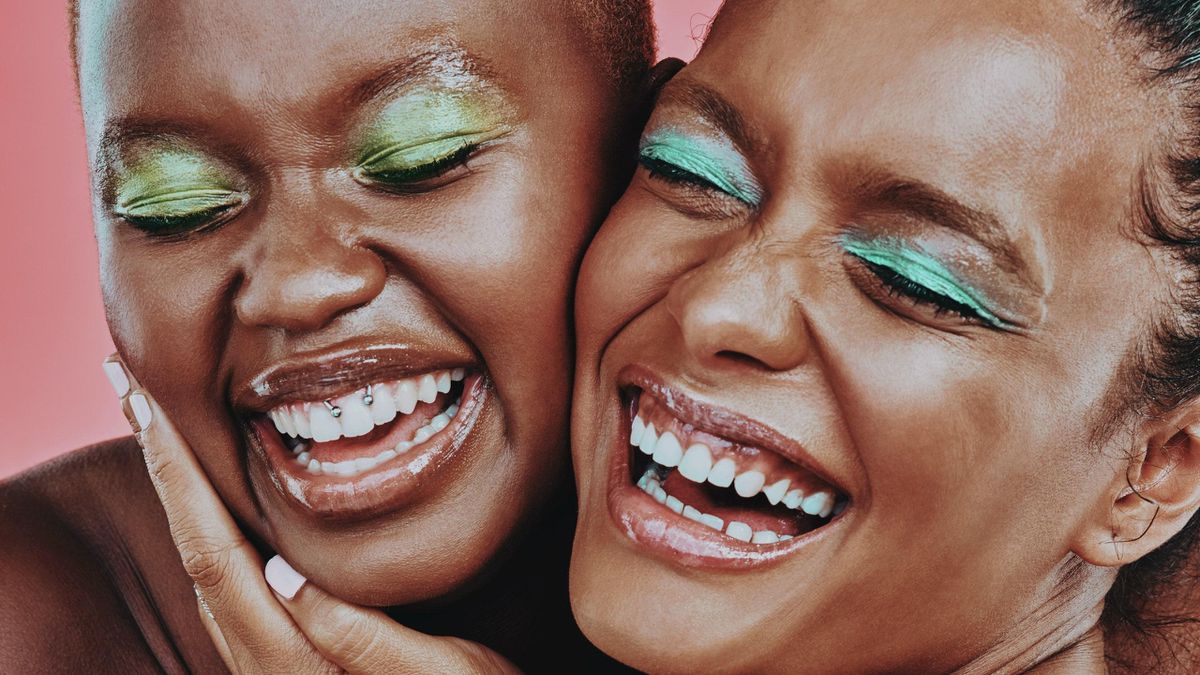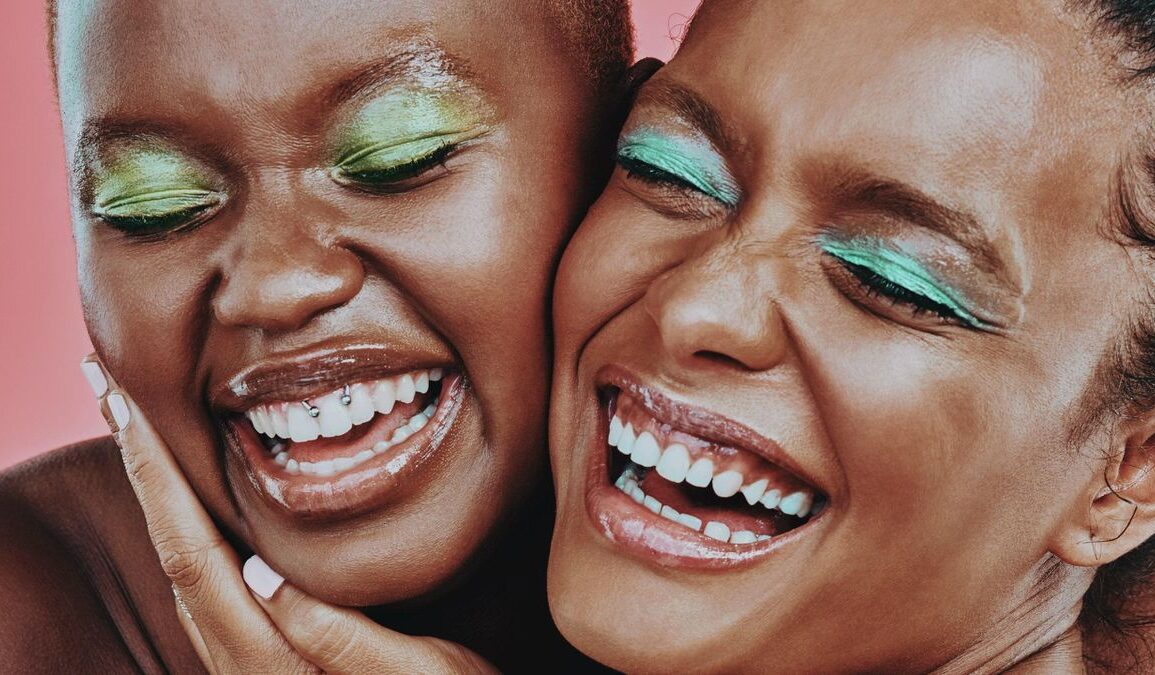
Running a beauty brand, especially one that’s Black-owned, has always been challenging, but recent years have intensified the struggles. Since 2020, we witnessed many such brands closing down, filing for bankruptcy, or being sold off to larger corporations just to keep afloat. Although there was optimism following the heightened awareness brought on by protests against racial injustice, the economic aftermath has proven tough for these businesses. Now, as we navigate through 2024, the future for minority beauty brands appears dimmer than it did post-George Floyd protests.
Experts like Desiree Rogers, co-owner of Black Opal, express how the terrain has become increasingly complicated: “Everything has become harder—raising capital, negotiating with retailers, and ensuring we have quality products at reasonable prices,” she said. This struggle resonates deeply across the industry, pointing to the mixed performance of independent makeup brands, especially those catering to ethnic audiences.
At the heart of this conversation lies the so-called “A-beauty” trend, which refers to the rise of African beauty brands appealing to Western markets. Though brands focused solely on meeting the needs of ‘melanin-rich’ individuals initially saw success, there’s emerging skepticism about their long-term viability. Dija Ayodele, founder of Black Skin Directory, provocatively stated, “I don’t think there’s a future for beauty brands focused exclusively on the ‘melanin rich’ demographic.” The sentiment echoes growing concerns among entrepreneurs who find it increasingly challenging to sustain market interest.
Resiliency and community support are now more important than ever. To mark National Black Business Month, several Black founders shared insights on how the public can help their businesses. Rogers and her co-owner Cheryl Mayberry McKissack emphasized, “Buy the Black-owned brands you love. Explore others. African-American women spend significant amounts on beauty, but less than 2.5 percent of these purchases go to Black-owned brands.”
Finding community also means amplifying brands on social media, writing reviews, and simply participating in discussions surrounding these businesses. Engaging with Black-owned brands is about more than purchasing products; it’s about fostering genuine connections and relationships.
Dorian Morris, founder of Undefined Beauty, echoed similar feelings, noting the importance of sincerity and true support: “Not all retail is good retail,” he said. It’s not just about making sales, but ensuring partnerships align with the core values of the brand. Morris finds clarity amid confusion; he stresses the value of shopping directly from websites, as these sales are typically more profitable for minority-led brands.
Sienna Naturals’ co-founder Hannah Diop reflected on the evolving needs of consumers who are more conscious about their purchases. “The consumer is much more interested in clean products,” she said. This hints at shifting industry dynamics—where clean, effective products appeal to wider audiences. But Diop also points out the continued skepticism about whether these products effectively cater to textured hair, signifying barriers still exist.
So, what’s the takeaway from this challenging climate? Well, now’s the time to take action. If you care about supporting Black entrepreneurship, you can show your commitment through your purchasing habits and advocacy. You can ask yourself if at least 15 percent of your beauty products come from Black-owned brands. Rogers and McKissack remind consumers to scrutinize where their money goes, urging shoppers to challenge themselves to invest more thoughtfully.
The odds might be stacked against them, but the future of Black-owned beauty businesses lies within the community’s commitment to breaking down barriers. The notion of supporting these brands doesn’t end with awareness; it extends to actively participating and leading change. With unity, effort, and love, there can still be hope for growth among these businesses, whose very presence enriches the existing beauty narrative.
Give Feedback. How was this article?
You can help us improve by leaving feedback specific to
this content.
Which of the following feelings did this article evoke in
you?
Multiple Selection
How would you rate the quality of this article?
Terrible😭
😍Awesome
How easy was it for you to find the information you were
looking for in this article?
Super Hard😱
😎Super Easy
Artificial intelligence is increasingly used in content
creation. What percentage of this article do you estimate was generated by AI?
How can we improve this article (or our articles in
general)?
Do you have any other suggestions for improving our content
or
website?
Send Feedback



